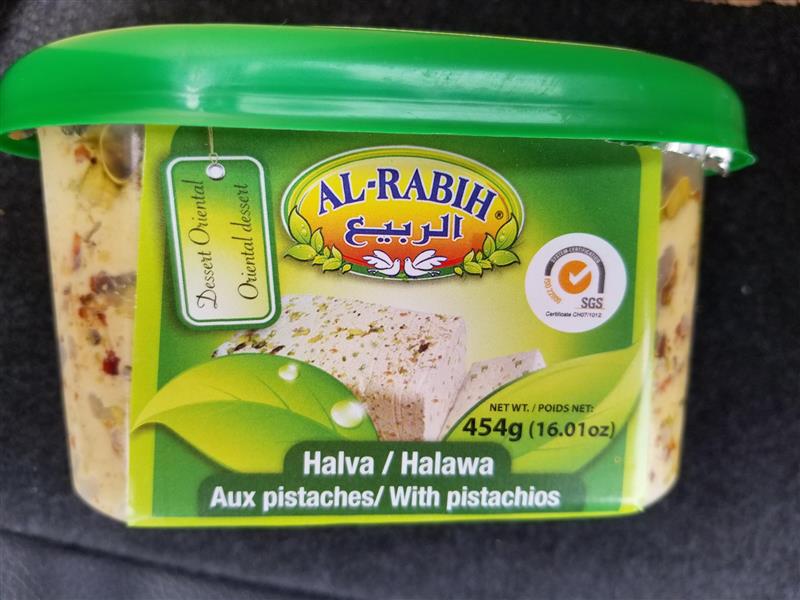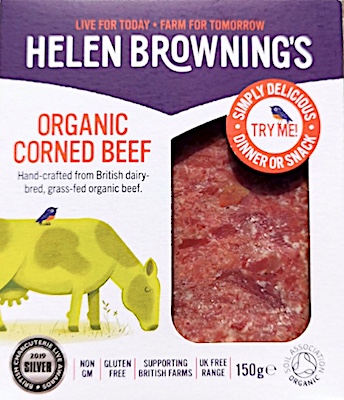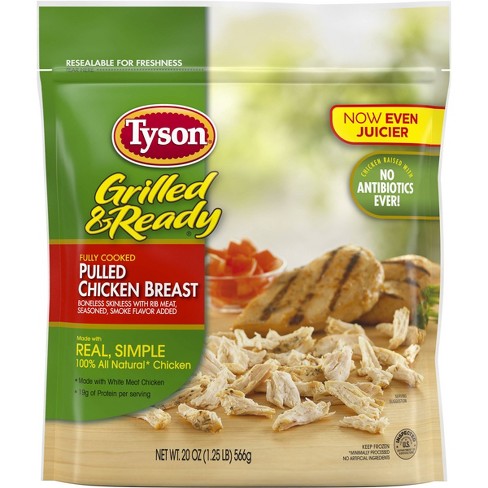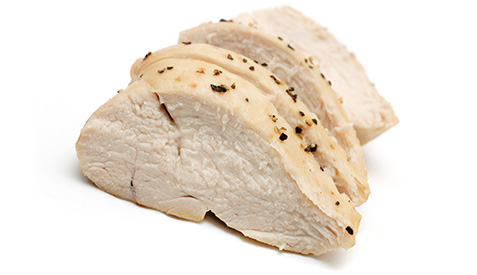The Canadian Food Inspection Agency (CFIA) reports that The Phoenicia Group Inc (Montreal, Quebec) extended their recall of products due to potential Salmonella contamination. The food recall warning issued on June 25, 2021, has been updated to include additional product information. This additional information was identified during the Canadian Food Inspection Agency’s (CFIA) food safety investigation. The products recalled are Al-Rabih branded Halva / Halawa – with Pistachios, packaged in 454 grams and packaged in 907 grams. These Halva (Halawa) Sesame Paste Pistachio products were marketed, distributed, and sold in Alberta, Manitoba, Nova Scotia, Ontario, Prince Edward Island, and Quebec. CFIA test results triggered this recall. @ https://healthycanadians.gc.ca/recall-alert-rappel-avis/inspection/2021/75985r-eng.php
ruth
The food recall warning issued on June 25, 2021 has been updated to include additional product information.
According to the FSA, Eastbrook Farm Organic Meats a Bishopstone, Swindon establishment, has recalled certain batch/lots of Helen Browning’s Organic Corned Beef from the British marketplace due to suspected Listeria monocytogenes contamination. The product was sold and delivered in 150 gram packages with a use-by date of 08 July 2021 or 18 July 2021 @ https://www.food.gov.uk/news-alerts/alert/fsa-prin-38-2021
ruth
The USDA/ FSIS reported that Tyson Foods Inc. (Dexter, MO) recalled approximately 8,492,832 pounds of ready-to-eat (RTE) chicken products that may be contaminated with Listeria monocytogenes. The frozen, fully cooked chicken products were produced between December 26, 2020, and April 13, 2021. The products were shipped nationwide to retailers and institutions, including hospitals, nursing facilities, restaurants, schools, and Department of Defense locations. On June 9, 2021, FSIS was notified of two persons ill with listeriosis. Working with CDC and local partners, the FSIS determined there is evidence linking the Listeria monocytogenes illnesses to pre-cooked chicken produced at Tyson Foods Inc. This case was reported yesterday by the CDC; see earlier news. @
https://www.fsis.usda.gov/recalls-alerts/tyson-foods-inc.-recalls-ready-eat-chicken-products-due-possible-listeria
ruth
The CDC reported that Listeria was found in samples of precooked chicken products. The source of precooked chicken is being investigated. CDC, public health and regulatory officials in several states, and the U.S. Department of Agriculture’s Food Safety and Inspection Service (USDA-FSIS) investigate this outbreak of Listeria monocytogenes infections. As of July 2, 2021, three people infected with the outbreak strain of Listeria monocytogenes have been reported from two states (Delaware and Texas). All three hospitalized people and one death have been reported from Texas. Illnesses started on dates ranging from April 6, 2021, to June 5, 2021. All three people were in a long-term care facility or hospital when they got sick. These facilities served many food items, including meals with precooked chicken. WGS showed that bacteria from sick people’s samples are identical. This suggests that people in this outbreak got sick from the same food. USDA-FSIS found the outbreak strain of Listeria in two samples of precooked chicken products during routine product testing. Along with the epidemiologic data, this suggests that people likely got sick from eating pre-cooked chicken. @ https://www.cdc.gov/listeria/outbreaks/precooked-chicken-07-21/details.html
Read investigation details about a Listeria outbreak linked to precooked chicken.




